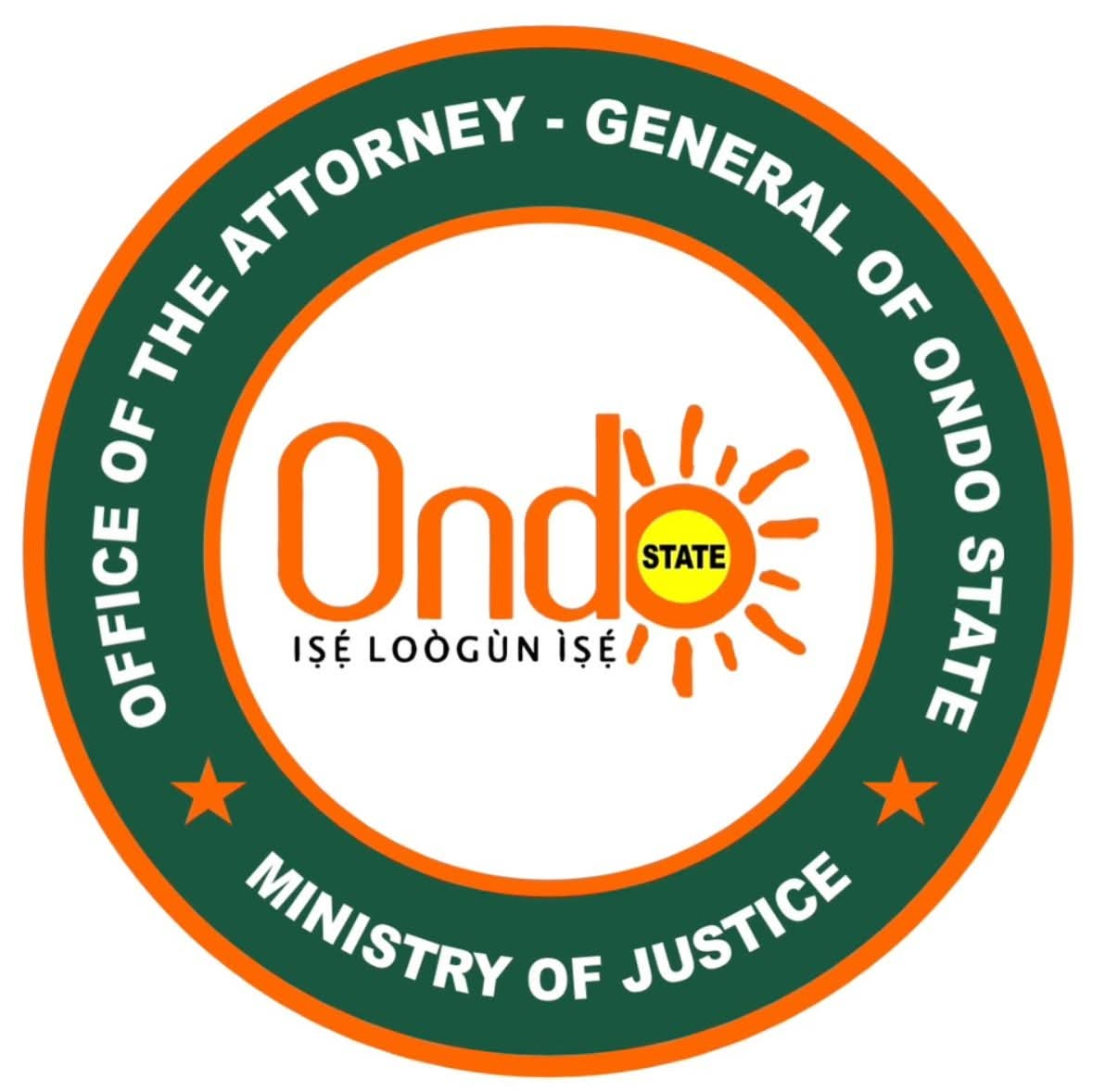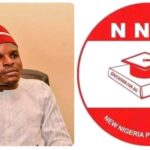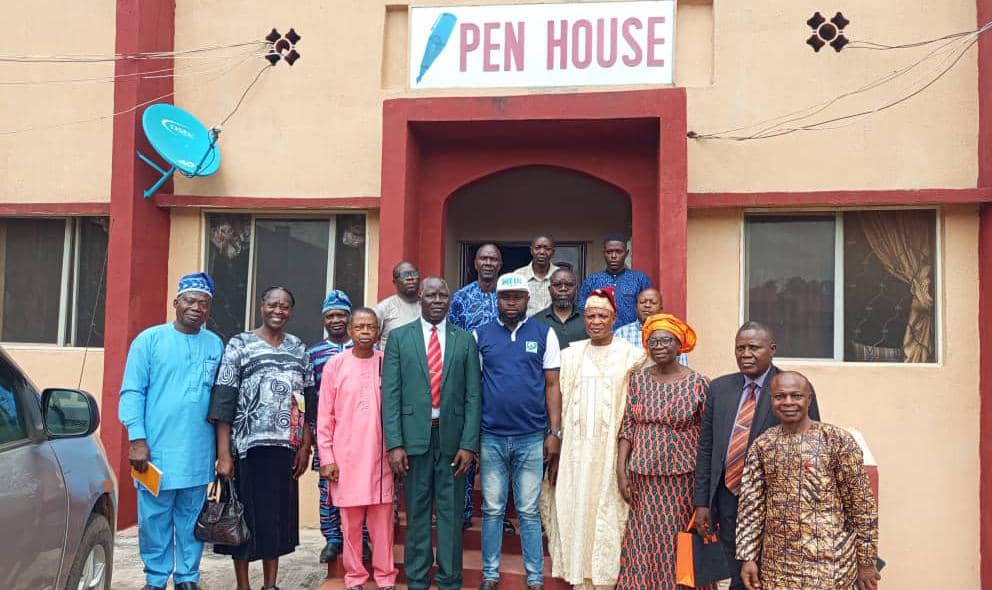
An Akure legal practitioner, Femi Emodamori has kicked against the comment credited to the Ondo state Attorney General, Dr Kayode Ajulo, SAN, over the court’s judgment on the implementation of judiciary financial autonomy in the state.
Below is the full text of Barr. Emodamori’s press statement to counter Dr Ajulo;
EXAMINING ONDO STATE ATTORNEY-GENERAL’S ANTITHETICAL STANCE AGAINST THE CONSTITUTIONALLY GUARANTEED FINANCIAL AUTONOMY FOR THE STATE JUDICIARY; WHOSE INTEREST IS HE SERVING?
In a press statement which I personally signed on June 7, 2025, I mentioned two separate court cases (AK/18M/2024 and AK/19M/ 2024) which I personally instituted at the Ondo State High Court against the Ondo State Governor, Lucky Orimisan Aiyedatiwa, the Attorney-General of Ondo State, and the State Commissioner for Finance, to compel them to comply with the constitutional provision guaranteeing the financial autonomy of the Ondo State Judiciary and the State House of Assembly.
I restated that the Court granted my prayers in both cases, and that Aiyedatiwa’s Attorney-General, thereafter, rushed to the Court of Appeal, seeking to stop compliance with the financial autonomy of the Judiciary. I thereupon observed that “I have never heard an Attorney-General and Commissioner for Justice anywhere in the world antagonizing the constitutional provisions guaranteeing financial autonomy for the judiciary.”
Today, the Attorney-General, Dr Kayode Ajulo, SAN, has again vindicated my position in a puerile, petty and, with due respect, completely irresponsible statement he made to the press on the ongoing strike embarked upon by the Ondo State branch of the Judiciary Staff Union of Nigeria (JUSUN), wherein he stated, amongst other things, that: “There are critical ambiguities surrounding the implementation of the judgment obtained on financial autonomy.
The judgment obtained by some overzealous elements, while affirming autonomy, lacks specific directives on allocation rations and the precise distribution of funds among the various judicial bodies as well as other agencies of Government.”
It is necessary to expose the heresy and personal hypocrisy embedded in Dr. Ajulo’s statement, as quoted above, by simply reproducing the provision of Section 121 (3) of the Constitution of the Federal Republic of Nigeria, 1999 (as amended), which, contrary to the Attorney-General’s false assertion, has made express, explicit and detailed directives or template on how and when the financial autonomy of both the House of Assembly and the Judiciary shall be implemented.
Section 121(3) of the Constitution, particularly subsection (3A)-(3H) thereof, is a product of some of the latest amendments to the 1999 Constitution. It was introduced to the Constitution vide the Constitution of the Federal Republic of Nigeria, 1999 (Fifth Alteration) (No.6) Act, 2023, which was duly passed by the National Assembly of the Federal Republic of Nigeria and assented to or signed into law by President Muhammadu Buhari.
The section meticulously states as follows:
“121(3) Any amount standing to the credit of-
(a) A State House of Assembly in the Consolidated Revenue Fund of the State shall be paid directly into the account of the Assembly, and
2(b) The judiciary of a state in the Consolidated Revenue Fund of the
State shall be paid directly to the heads of the Courts concerned.
(3A) For the purpose of subsection (3), there is established for each
state of the Federation a Disbursement Committee comprising-
(a) The Commissioner for Finance, as Chairman;
(b) Accountant-General of the state;
(c) A representative of the State Budget Office or Ministry;
(d) Chief Registrar of the State High Court;
(e) Chief Registrar of the State Revenue Court (where applicable);
(f) Chief Registrar of Sharia Court of Appeal (where applicable);
(g) Chief Registrar of the Customary Court of Appeal (where applicable);
(h) The Clerk of the State House of Assembly;
(i) Secretary of the House of Assembly Commission;
(j) The Secretary of the State Judicial Service Commission; and
(k) The office in Charge of Finance in the State House of Assembly.
(3B) All monies due to the House of Assembly and the Judiciary for capital and recurrent expenditure shall be paid by the State Accountant-General into the House of Assembly and the Judiciary Accounts in monthly instalments respectively.
(3C) The monies due to the House of Assembly and the Judiciary shall be
the amount appropriated in the appropriation Law of the State every year.
(3D) The monthly instalment shall be-
(a) determined by apportioning the approved budget on figures by
twelve equal instalments; and
(b) adjusted to reflect the ratio of the gross allocation from Federal Accounts Allocation Committee and internally generated revenue on the approved budget for the State.
(3E) Where the gross allocation from the Federation Accounts Allocation
Committee and Internally Generated Revenue in any month is lower than the budgeted amount for the month, the amount due to the House of Assembly and the Judiciary shall be paid on a pro rata basis.
(3F) When there is an increase in the subsequent income of the State, any
previous shortfall shall be paid in arrears to the House of Assembly and the Judiciary.
(3G) The Accountant-General of the State shall furnish the Disbursement
Committee with gross inflow from the Federal Accounts Allocation Committee and internally Generated Revenue, not later than seven days after the Federation Accounts Allocation.
(3H) Pursuant to subsection (4B), the Commissioner responsible for
finance and the Accountant-General of the State shall make full disclosure of all revenues that accrue to the state and release the Funds to the House of Assembly and the Judiciary, not later than one week after the funds have become due.”
Nothing could be more explicit than the above provisions of the Constitution on the practical steps to comply with the financial autonomy for the State Judiciary and the State House of Assembly. The two judgments delivered in my favour on
the Financial Autonomy for the State Judiciary and House of Assembly were based on the above clear provisions of the Constitution.
The Constitution is the Supreme law of the land, and no authority or person is permitted to flout any of its provision. Ekiti State is implementing the financial autonomy of its Judiciary, Section 121(3) does not present any ambiguity to the learned Attorney-General of Ekiti State.
Dr. Kayode Ajulo himself swore, as a Senior Advocate of Nigeria, and later as a Commissioner for Justice, to uphold and defend the Constitution. For him to now be at the arrowhead of those seeking to trample upon the all-important provision of Section 121 (3) thereof guaranteeing the financial autonomy of the State Judiciary and House of Assembly, is, I submit, an act of personal hypocrisy, official heresy and professional misconduct with serious consequences.
I do not need to remind Dr. Ajulo of what befell Michael Aondooaka, SAN, the former Attorney-General of Nigeria who deliberately counselled and goaded the Federal Government to disobey the lawful judgment of a competent court of law. He was sued, declared unfit to hold any public office for life and consequently barred for life from doing so by the Federal High Court, Court of Appeal and the Supreme Court. Mr. Aondoaaka, in my opinion, did not do half as much as Dr. Ajulo is now doing by coordinating the fight against the financial autonomy or integrity of the Judiciary and, by extension, the greatest assault on the same Constitution he swore to uphold and defend.
It is even more unfortunate that those who are fighting for compliance with the constitutional provision guaranteeing the financial autonomy of the Judiciary and the State House of Assembly are, in Ajulo’s words, “overzealous elements.”
I am proud to be one of the leading “overzealous elements”. I am sure the
Judges who saw merit in my cases and granted my reliefs, members of the Nigeria Bar Association in Ondo State, and the Ondo State Branch of the Judiciary Staff Union who are all demanding for the financial autonomy of the State Judiciary are also “overzealous elements” in Dr. Ajulo’s estimation.
My zeal for financial autonomy for the State Judiciary dates back to 2015 when I wrote the then Attorney-General, Dr. Remi Olabubora, (now SAN) a letter dated 8th August, 2016, demanding that he should use his office to champion the financial autonomy for the State Judiciary as provided for in the Ondo State Judiciary Self Accounting Law, Cap. 71, Volume 2, Laws of Ondo State. Dr. Olatubora did not vilify me. Rather, he appreciated me. Ten years down the line, my zeal is still burning and would keep burning when Dr. Ajulo would have been out of office.
However, I am certain that sooner than later, highly placed public servants would learn to desist from using gutter language to address citizens who stand up for the order and good governance of our dear nation.
E-signed:
Femi Emmanuel Emodamori
(An Akure-based Legal Practitioner) June 24, 2025










